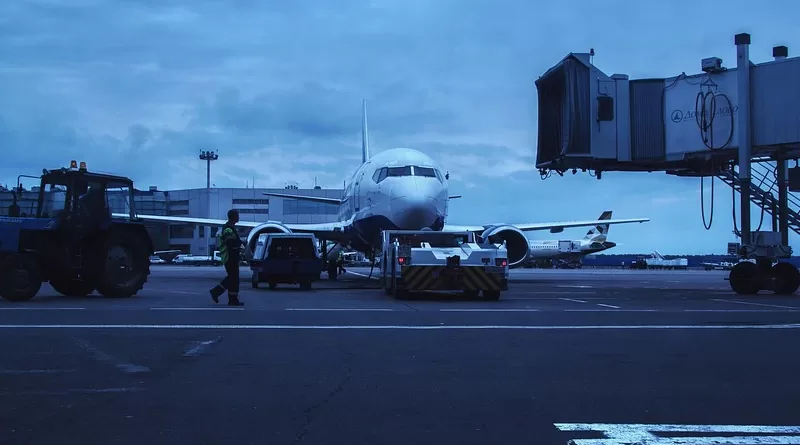Russia’s Aging Domestic Air Fleet Needs Replacement – OpEd
By Paul Goble
Last week, an An-26 crashed in Kamchatka, killing all 28 people on board. The plane was 39 years old, slightly more than the average for that carrier but roughly comparable to other domestic carriers in the Far North and Far East, whose planes average between 28 and 36 years, Ruslan Pukhov says.
The director of the Center for the Analysis of Strategy and Technology adds that for Russian civil aviation as a w hole, 74 percent of its planes are of foreign manufacture. To change that by 2030, Moscow plans to invest 1.9 trillion rubles (28 billion US dollars) of which 1.6 trillion are slated to be recovered by sales (aif.ru/society/opinion/na_chyom_letat_budem_est_li_u_rossii_shansy_vozrodit_svoyo_aviastroenie).
These will involve production of planes already tested, including the MS-21, the SuperJet 100, the Il-114, the L-410, and the Baikal, as well as five types of civilian helicopters. The MS-21 is the main hope for the future, designed to compete against and drive out the Airbus A320 and the Boeing 737. Moreover, it will shift exclusively to domestically produced components.
The government plans to revive local airlines by developing smaller planes to service smaller markets, even though in 2019, the last year for which complete data are available, these lines carried only two million passengers, less than two percent of the total passenger load for Russian carriers.
“If the plan of the trade and industry ministry for the development of Russian civil aviation will be supported by the president and government, then we already in a few years will be able to see a radical change both in airplane construction and in the planes Russian aviation companies own away from foreign planes to domestic ones,” Pukhov concludes.
But the country’s aircraft production industry and its airlines did not get into their current state of shortages of production, reliance on foreign products and equipment, and consequently an aging fleet over night; and so it will require a major effort over the next decade to achieve the plans the ministry has outlined.

